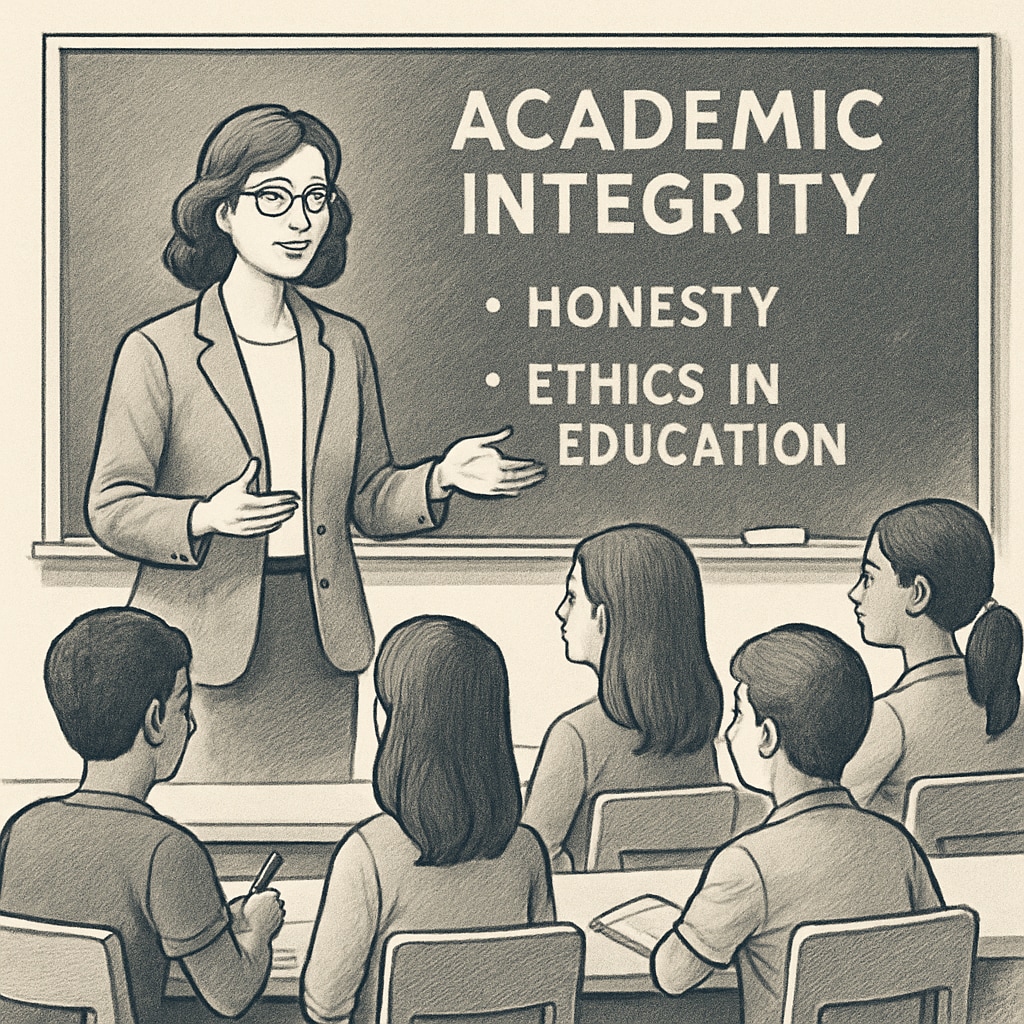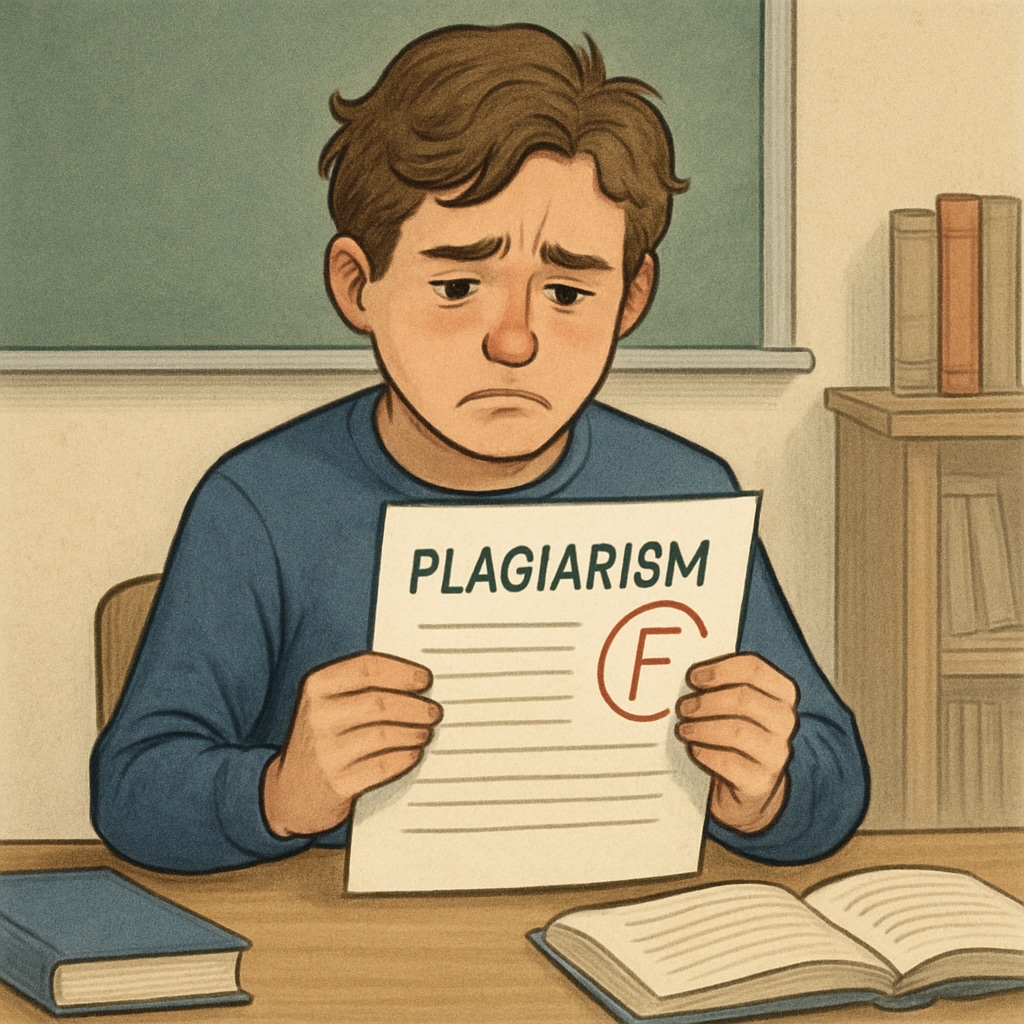Unjust plagiarism accusations made by professors can significantly damage the trust between teachers and students, particularly in K12 education settings. These occurrences not only harm individual students but also erode the foundational relationship required for effective learning. Addressing the root causes and impacts of these accusations is crucial to creating a fair and transparent academic environment.
Understanding Unjust Plagiarism Accusations
Plagiarism accusations arise when a student’s work is perceived as copied or improperly sourced. However, unjust accusations often occur due to misunderstanding, lack of evidence, or implicit biases. Teachers may rely on subjective judgment rather than factual analysis, leading to errors in identifying plagiarism. For example, some advanced students may produce high-quality work that appears beyond their grade level, triggering skepticism from educators.

The Impact of False Accusations on Students
Being falsely accused of plagiarism can have devastating effects on students. Emotional distress, loss of confidence, and a sense of injustice are common outcomes. Additionally, such accusations can tarnish a student’s academic record, potentially affecting their future opportunities. In the K12 context, where students are still developing their identities and skills, these accusations can discourage creativity and intellectual growth.
Common impacts of unjust plagiarism accusations include:
- Damaged trust between students and teachers
- Reduced motivation and engagement in academic activities
- Long-term psychological stress and anxiety

Preventing and Addressing Unjust Accusations
To mitigate the problem of unjust plagiarism accusations, educators and institutions must implement transparent and evidence-based academic integrity mechanisms. These systems should prioritize fairness, ensuring that accusations are well-documented and thoroughly investigated before penalizing students. Below are several strategies to prevent and address these issues:
- Use plagiarism detection tools: Reliance on software like Turnitin can help verify claims objectively while reducing subjective judgment.
- Provide academic integrity training: Educating students and teachers about plagiarism, proper citation, and academic honesty can reduce misunderstandings.
- Encourage dialogue: Establishing open communication channels allows students to defend their work if accused.
- Develop clear guidelines: Institutions should create policies that define plagiarism and outline procedures for handling accusations.
By integrating these strategies, educators can foster a culture of trust and accountability in K12 education.
Rebuilding Trust and Moving Forward
Repairing the damage caused by unjust plagiarism accusations requires effort from both educators and students. Teachers must acknowledge instances of mistaken accusations and work with students to rebuild trust. Institutions can further support this process by promoting restorative practices, such as mediation and counseling. Ultimately, a fair and transparent educational environment benefits everyone involved.
For more information on academic integrity, consult resources like Academic Integrity on Wikipedia or explore Education Topics on Britannica.
Readability guidance: Short paragraphs, clear headers, and lists improve readability. Maintain a balance between active and passive voice, and use transitions like “however” and “in addition” to connect ideas. Images should emphasize relevant topics and provide visual context.


